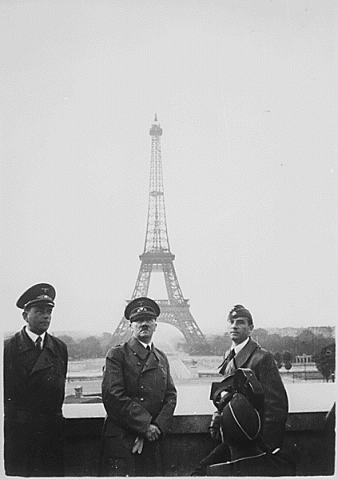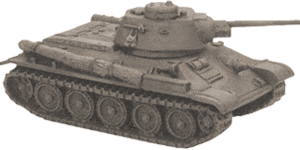A Note on One of the Second World War's Great Mysteries

Precisely seventy years ago, on December 11, 1941, Adolf Hitler declared war upon the United States. Today, this declaration of war is remembered as one of history’s great strategic blunders, and rightly so, nonetheless the reasons underpinning this remembrance have little to do with how and why war against the United States led to the Third Reich’s defeat. Conventional wisdom today explains German defeat during World War II as almost inevitable following Germany’s attack on the Soviet Union, and its subsequent declaration of war upon the United States. The primary basis for such widely understood beliefs regrettably arises from a historiography that following the end of the Second World War has all too often focused on brute-force economic and military strength as determinative in deciding World War II’s outcome.
Nevertheless, this narrative ignores, among other things, how stunningly close Hitler came to winning a war that, by commonly cited numerical measures of military potential, Germany never should have had even a remote chance of winning. As it was, in 1940 Hitler had swept from Western Europe a larger Allied army fueled by factories producing munitions and war machines at rates doubling or tripling Germany’s best efforts. Then, in June of 1941 Hitler had attacked the world’s largest state and army, again one powered by factories dramatically out producing the German armaments industry. Yet by December 1941, Hitler’s armed forces, the Wehrmacht, though staggered by a tremendous Soviet counteroffensive before Moscow, had still put the Soviet Union in a dreadful strategic position.
Then, with war declared against the U.S. Hitler’s U-boat’s initiated a six month plus slaughter of merchant shipping off the U.S. eastern seaboard that had some questioning the U.S. ability to even project adequate power across the Atlantic Ocean. What’s more, Hitler and his military leadership had also prepared a plan of attack in Eastern Europe that in 1942 may well have made Germany’s position close to impregnable in Europe.
That said, in spite of the advantages held by Germany over its foes, its chance to forge a self-sustaining European empire ultimately foundered. Today many point to the immense quantities of aircraft, tanks, ships, and other such war material flowing from Allied factories in 1943-1944 as determinative in this turn of events. Regardless, such an analysis ignores the fact that Germany had been out produced in key factors of economic indicia since the war had begun in 1939 and yet had repeatedly defeated its more numerous foes. So the question remains; how and why did Germany lose a war it at one time very nearly won?



Post new comment